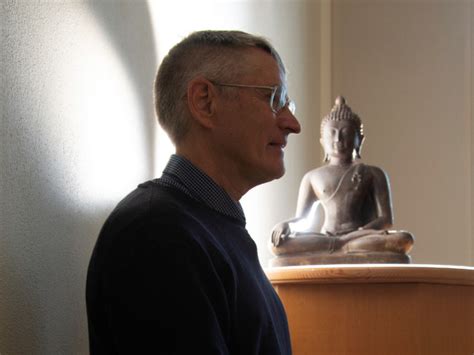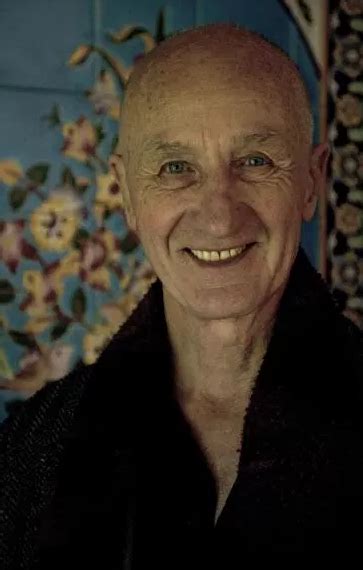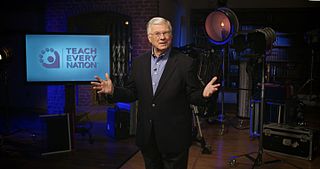A Quote by Harriet Lerner
Throughout evolutionary history, anxiety and fear have helped every species to be wary and to survive. Fear can signal us to act, or, alternatively, to resist the impulse to act. It can help us to make wise, self-protective choices in and out of relationships where we might otherwise sail mindlessly along, ignoring signs of trouble.
Related Quotes
The real targets of terrorism are the rest of us: the billions of us who are not killed but are terrorized because of the killing. The real point of terrorism is not the act itself, but our reaction to the act. And we're doing exactly what the terrorists want [...] Our politicians help the terrorists every time they use fear as a campaign tactic. The press helps every time it writes scare stories about the plot and the threat. And if we're terrified, and we share that fear, we help.
We are living in a world of fear. The life of man today is corroded and made bitter by fear. Fear of the future, fear of the hydrogen bomb, fear of ideologies. Perhaps this fear is a greater danger than the danger itself, because it is fear which drives men to act foolishly, to act thoughtlessly, to act dangerously...
Fear is crippling. Fear of the future can convince us that there is no way out and nothing is ever going to get better. Fear is blinding; it can make us miss the warning signs flashing right in front of our eyes. It can also make you miss those brilliant flashes of color, when the world isn't so gray. But, if you think about it, being afraid isn't such a bad thing. Because fear is a reminder that you still have something to lose. Something worth holding onto.
Feelings and stories of unworthiness and shame are perhaps the most binding element in the trance of fear. When we believe something is wrong with us, we are convinced we are in danger. Our shame fuels ongoing fear, and our fear fuels more shame. The very fact that we feel fear seems to prove that we are broken or incapable. When we are trapped in trance, being fearful and bad seem to define who we are. The anxiety in our body, the stories, the ways we make excuses, withdraw or lash out—these become to us the self that is most real.
The ego, as our familiar sense of self, seems predicated on fear. The fear that we might not make it, that we might not get where we want to go. But deep down there is also a grain of fear that we have nothing to give or nothing to offer. I think that's the ego's justifiable anxiety about its substantiality and existence.
We fear the past, present and future. We fear the unknown, we fear not having enough, losing what we have, not having what we want. We fear what will become of us and those that we care for. We fear what others think of us and what they don't think of us. We fear, fear, fear and therefore we are controllable through the manipulation of all that we fear. The present War on Terror is the War of Fear. No Fear, no control.
The myth of the self-sufficient individual and of the self-sufficient, protected, and protective familytells us that those who need help are ultimately inadequate. And it tells us that for a family to need help--or at least to admit it publicly--is to confess failure. Similarly, to give help, however generously, is to acknowledge the inadequacy of the recipients and indirectly to condemn them, to stigmatize them, and even to weaken what impulse they have toward self-sufficiency.
Fear keeps us rooted in the past. Fear of the unknown, fear of abandonment, fear of rejection, fear of not having enough, fear of not being enough, fear of the future-all these fears and more keep us trapped, repeating the same old patterns and making the same choices over and over again. Fear prevents us from moving outside the comfort-or even the familiar discomfort-of what we know. It's nearly impossible to achieve our highest vision for our lives as long as we are being guided by our fears.





































